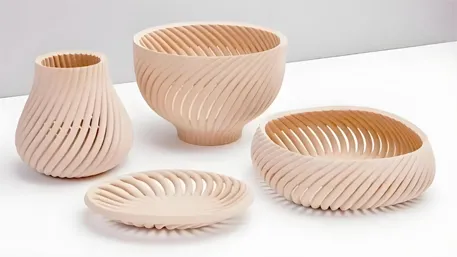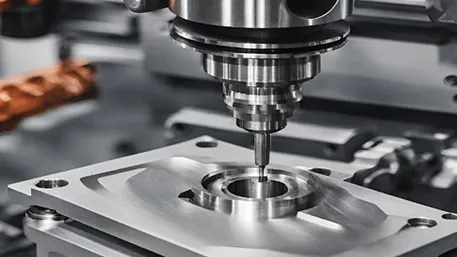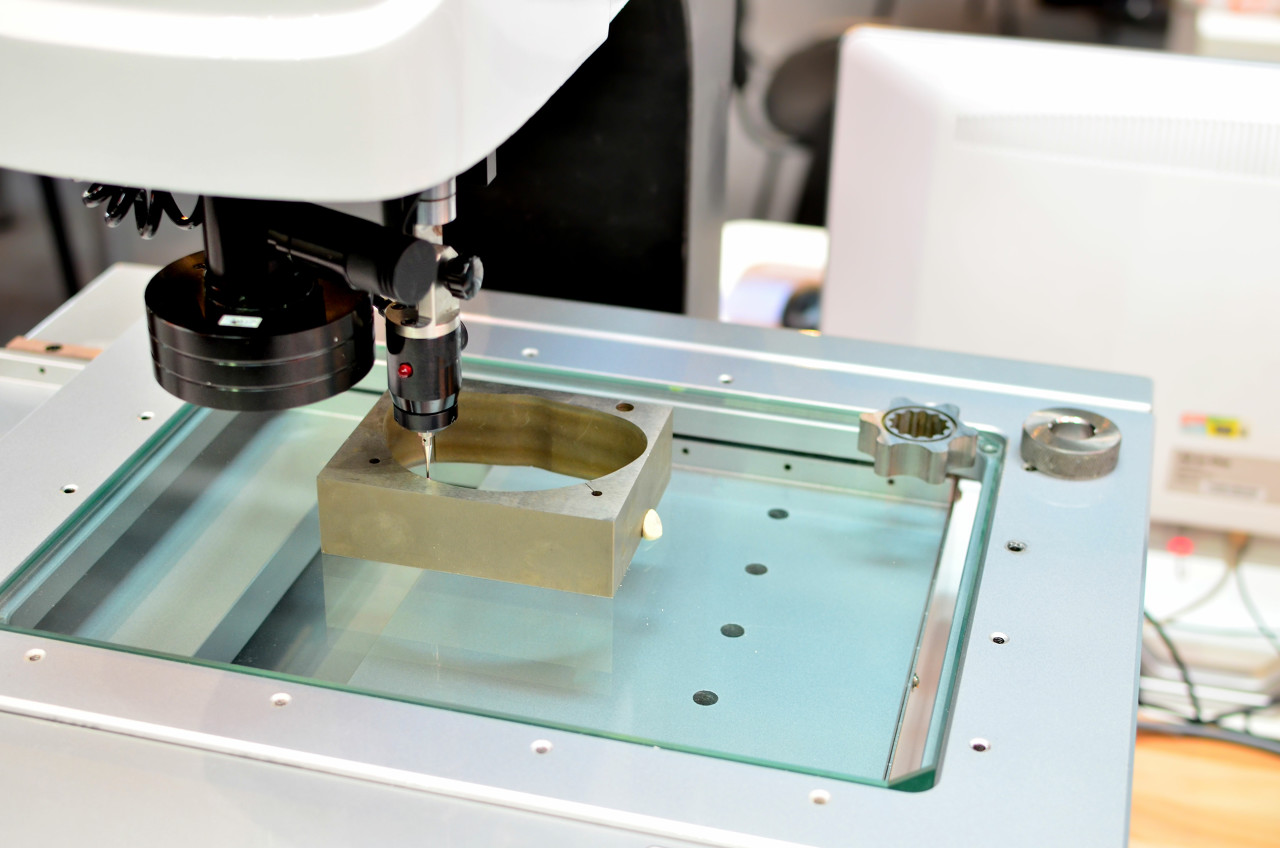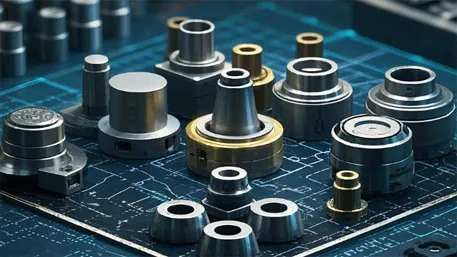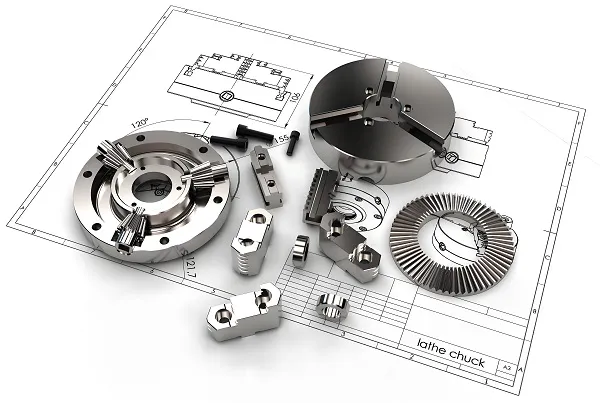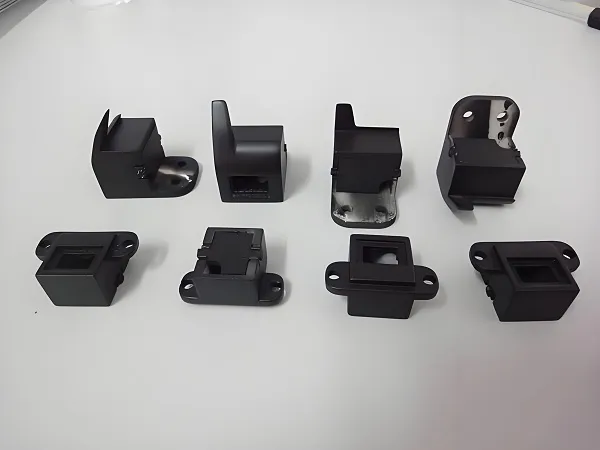In today’s ever-changing industrial age, plastic products have become an integral part of our lives. From daily necessities to high-tech products, plastics are used everywhere. Custom plastic injection molding parts service is a bright pearl in this field, which provides efficient and accurate solutions for various industries with its unique advantages and wide range of applications.
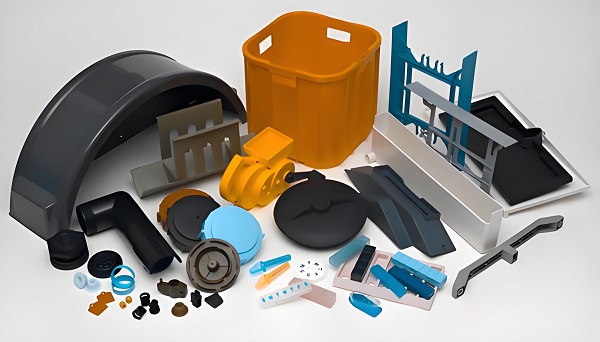
1.Introduction of customized plastic injection molded parts service
Custom plastic injection molded parts service, in short, according to the specific needs of customers, through the injection molding process, the molten plastic material into the mold, cooling and curing to get the desired shape of the part. This service is highly flexible and customized, and can meet the diversified needs of different industries and products.
2.Injection molding process
Design and planning: First of all, customers need to define the shape, size, material and characteristics of the required parts. Designers use CAD software for three-dimensional modeling to ensure the accuracy and feasibility of the design.
Mould Manufacturing: According to the design drawings, the professional team will manufacture the injection molds. The precision and quality of the mold directly affect the quality of the final product.
Raw Material Preparation: Suitable plastic raw materials such as PEEK, PPS, PPSU and other high performance materials are selected to ensure the performance and durability of the parts. Raw materials are loaded into the feeding system of the injection molding machine.
Injection process: The injection molding machine heats the plastic raw material to a molten state and then injects it into the mold through high pressure. The plastic cools and solidifies in the mold to form the desired shape of the part.
De-flashing and Finishing: After injection molding, excess plastic or flash is removed to make the surface of the part smoother and flatter.
Quality Control: Rigorous quality control checks are carried out to ensure that the dimensions, appearance and other key characteristics of the part meet customer requirements.
Assembly and Packaging: If required, multiple parts are assembled together and final packaging is performed for shipment to the customer.
3. Advantages of custom plastic injection molded parts
High efficiency and speed: The injection molding process is characterized by high efficiency and rapid production, enabling a quick response to market demand.
Flexible design: support the design of complex parts and maintain high consistency to meet the individual needs of customers.
Variety of materials: A wide range of plastic materials can be selected, such as PEEK, PPS and other high-performance materials, to meet the special needs of different industries.
Cost Reduction: By optimizing the mold structure and injection molding process, we can effectively reduce the production cost and improve the economic efficiency.
Quality Assurance: Strict quality control system ensures stable and reliable quality of parts.
4.Customized plastic injection molded parts materials
In the custom plastic injection molded parts service, there is a wide range of materials that can be processed, and each material has its unique advantages and scope of application. The following are some common processable plastic materials and their benefits:
Polyetheretherketone (PEEK)
Advantages:
High-temperature stability: PEEK has excellent high-temperature stability and maintains its mechanical properties and chemical stability over long periods of time at high temperatures, with a melting point as high as approximately 343°C.
Strength and stiffness: excellent strength and stiffness, even at high temperatures can maintain its mechanical properties, suitable for high load and deflection applications.
Corrosion resistance: Excellent resistance to many chemicals, including acids, alkalis, solvents and oxidizers.
Abrasion resistance: maintains good friction properties under high friction and pressure conditions, suitable for applications requiring high anti-wear properties.
Insulation properties: good electrical insulation properties and high voltage resistance, suitable for insulating materials in the electronic, electrical and power industries.
Dimensional stability: low water hygroscopicity and low coefficient of thermal expansion ensure small dimensional changes in humid or high temperature environments.
Polyphenylene sulfide (PPS)
Advantages:
High temperature resistance: excellent heat resistance, with a softening point as high as 277-282°C, it is one of the best varieties of engineering plastics in terms of heat resistance.
High mechanical strength: high mechanical strength, suitable for applications that require high stress.
Strong chemical resistance: excellent corrosion resistance to a wide range of chemicals.
Good flame retardancy: It is an intrinsically flame retardant material and can achieve high flame retardancy levels without the addition of flame retardants.
Low molding shrinkage: approximately 0.8%, which helps ensure part accuracy.
Cost-effective: compared with other special engineering plastics, PPS price is relatively low, cost-effective.
Polyphenylsulfone Resin (PPSU)
Advantages:
BPA-free: safe and environmentally friendly for children’s health.
High temperature resistance: high temperature resistance up to 260 ℃, can be boiled and sterilized, steam sterilization, and even put in the microwave oven to heat.
Good durability: high impact resistance and abrasion resistance, not easy to break and deform, long service life.
Lightweight: small density, made of lightweight and easy to carry.
Good transparency: Although slightly teal-colored, the overall transparency is good, making it easy to observe the internal situation.
Polystyrene (PS)
Advantages:
Good optical properties: high transparency and good gloss.
Excellent electrical properties: suitable for the manufacture of electrical parts.
Easy molding and processing: good processing performance, easy to make a variety of shapes.
Good coloring performance: easy to color, can be customized in color according to demand.
Polypropylene (PP)
Advantages:
Good flowability: excellent molding performance, easy to process.
Excellent heat resistance: can be sterilized by boiling at 100 degrees Celsius.
High yield strength: good mechanical properties, suitable for applications subject to certain stresses.
Good electrical properties: some electrical insulation properties.
Nylon (PA)
Advantages:
High mechanical strength: good toughness, high tensile and compressive strength.
Outstanding fatigue resistance: abrasion and corrosion resistance, suitable for applications requiring long-term stress.
Good heat resistance: can be used at certain high temperatures.
Non-toxic: meets food safety standards and can be used in food packaging and other areas.
Polyoxymethylene (POM)
Advantages:
Low coefficient of friction: excellent wear resistance and self-lubrication.
Good solvent resistance: especially organic solvents, but not resistant to strong acids, alkalis and oxidizing agents.
Good dimensional stability: allows the manufacture of precision parts for applications requiring high dimensional accuracy.
ABS plastic
Advantages:
High mechanical strength: high impact resistance, good creep resistance.
Hard, tough and rigid: good physical properties.
Surface can be plated: a variety of surface treatments are available to improve aesthetics and durability.
Can be co-mingled with other plastics and rubbers to improve their performance, such as ABS+PC alloy.
5.Application Areas
Customized plastic injection molded parts services are widely used in various industries, including but not limited to:
Automobile manufacturing industry: Manufacturing of parts such as instrument panels, lamp housings, bumpers, etc.
Electronic and electrical appliance industry: shells, connectors, buttons and other parts for cell phones, computers, home appliances and other products.
Medical industry: components such as shells for syringes, surgical tools, diagnostic equipment, etc.
Packaging industry: manufacturing of packaging materials such as plastic bottles, lids, boxes, etc.
Aerospace industry: manufacturing of non-critical parts or internal components.
Translated with DeepL.com (free version)

